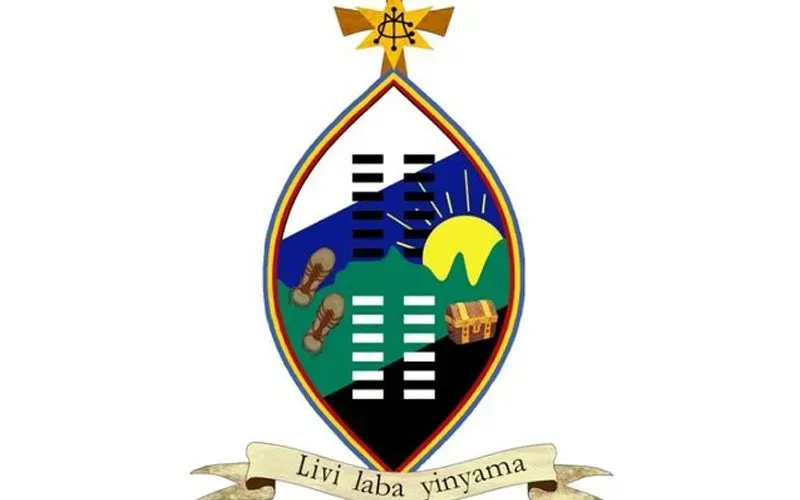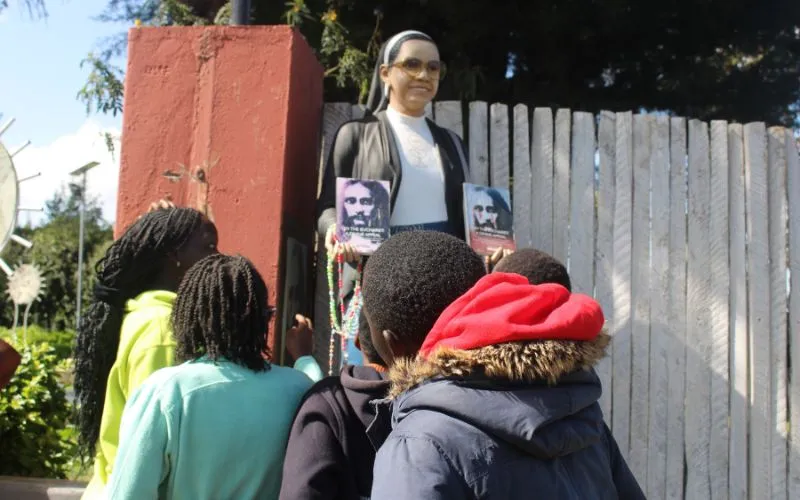Manzini, 29 February, 2024 / 2:33 pm (ACI Africa).
King Mswati III’s February 9 speech was not only well written and enticing to listen, but also touched on national issues, a sign that the monarch is alive to the impediments in the country, the Catholic Parliamentary Liaison Office (CPLO) in the Kingdom of Eswatini has said.
In his speech, the King of the Kingdom previously called Swaziland touched on a number of issues including education, the plight of people living with disability (PWD), unemployment, gender-based violence, among others.
The speech, CPLO officials say in a statement obtained by ACI Africa Wednesday, February 28, “was a good indication that His Majesty King Mswati III is alive” to the country’s challenges.
“We strongly support the proclaimed zero tolerance for corruption and gender-based violence. No person should suffer from any form of violence,” they say, adding that the Church's Catechism is against violence.
They say, “The Catechism of the Catholic Church (No: 2306) illustrates that: Those who renounce violence and bloodshed and, in order to safeguard human rights, make use of those means of defense available to the weakest, bear witness to evangelical charity, provided they do so without harming the rights and obligations of other men and societies.”








